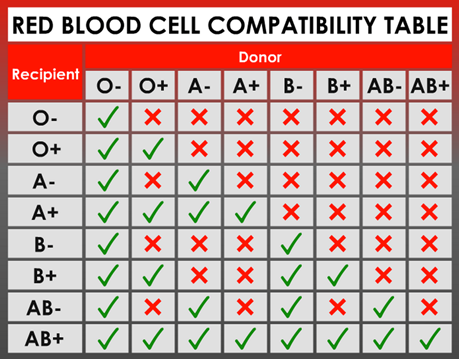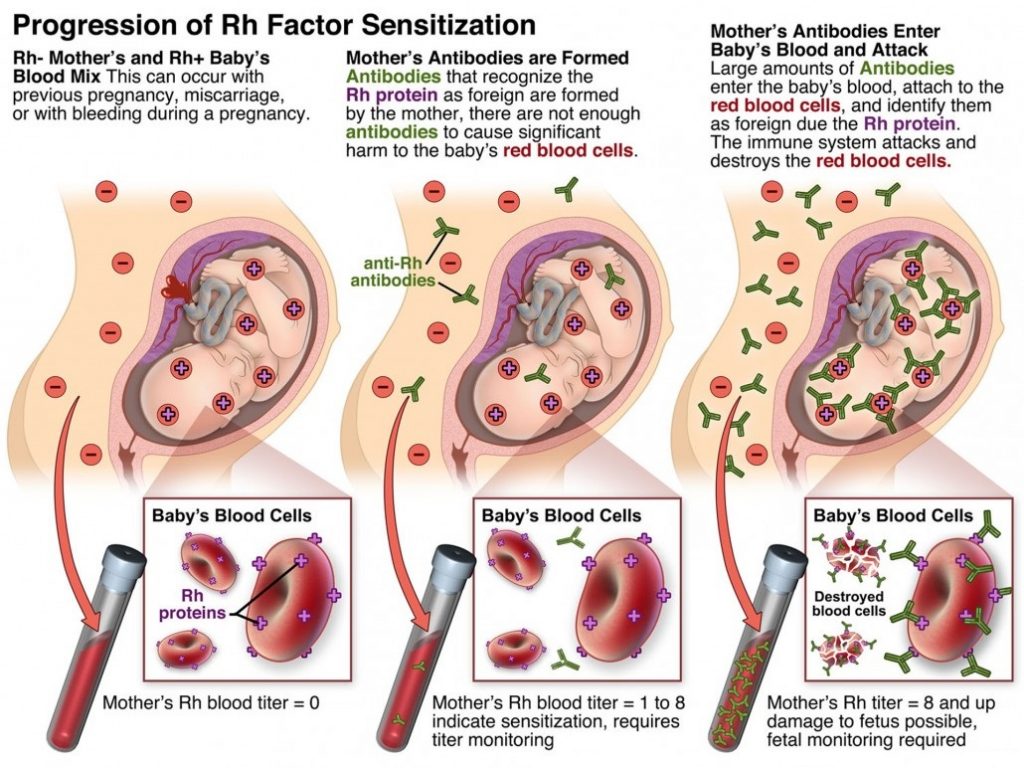National Voluntary Blood Donation Day is an annual celebration in India on 1st October to share the need and significance of the blood in the life of a person. It was started in the year 1975 through the Indian Society of Blood Transfusion and Immuno-haematology. This day aims to successfully achieve the target of Voluntary Blood Donation to fulfil the urgent demand of blood for the patients in need, to keep blood banks and hospitals stocked and, to motivate and encourage people in donating blood.
At the National Voluntary Blood Donation Day, each state in India organizes a variety of awareness programes, camps and events to make people aware of the blood donation. In this article we have provided a gist of all the necessary information that one should know before participating in the campaign of donating blood.
We all know that individuals vary in the type of blood they possess. During blood transfusion, the blood of a donor should match with the blood of a recipient. So, one should have a clear knowledge about his/her blood group in order to participate in the process of Voluntary Blood Donation. Let us first understand the blood grouping in human beings.
There are two main types of blood grouping in humans that are widely used all over the world:
- ABO grouping– It is based on the presence or absence of antigens and antibodies in the RBC’s and Plasma, respectively in the blood. There are 4 blood groups observed in humans depending on the type of antigen and antibody present. The given table shows the type of antigen and antibody present in each type of blood group:

The blood groups of the donor and the recipient should match in terms of the type of antigen and antibody present in their blood to avoid destruction of RBC’s. A compatibility chart is provided here for your help.

- Rh grouping– It is based on the presence and absence of another antigen, the Rh antigen. Humans with Rh antigen on the surface of RBCs are called Rh positive (Rh+ve) and those in whom this antigen is absent are called Rh negative (Rh-ve). Rh group should also be matched before transfusions because if a Rh-ve person is exposed to Rh+ve blood, it will form specific antibodies against the Rh antigens.

You can get more information about blood grouping in our books NCERT Fingertips, NEET Guide, NEET Champion.
Apart from the blood grouping, one must also know about the criteria for blood donors as per the Drugs and Cosmetics Act 1940:
- A blood donor must be between the age group 18 to 65 years.
• He/she should have a body weight of 45 kg and above.
• His/ her pulse rate should be 60 to 100 per minute and regular
• His/her blood pressure of Systolic should be 100 to 180mm of mercury and Diastolic should be 50 to 100mm of mercury.
• His/her haemoglobin count should be minimum 12.5gm/100ml of blood.
• His/her oral temperature should not exceed 37.500C.
Safe blood donation saves many lives of all ages and from every corner of our nation every year. National Voluntary Blood Donation Day makes the people aware of the need for blood donation saving people in urgency.
If you liked this article, please leave your comments below.

































